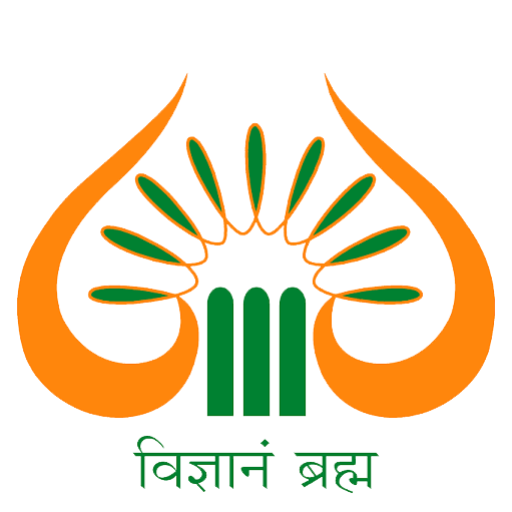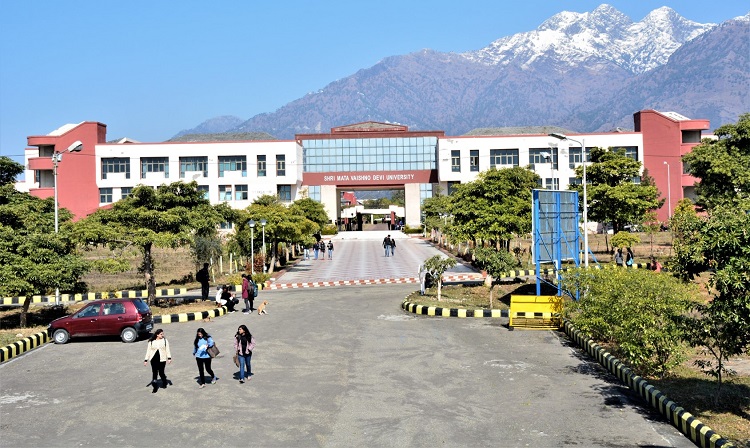Under the Thursday Minds-Meet program, an online discussion on the cultural and historical heritage of Rajouri was organized at Shri Mata Vaishno Devi University (SMVDU), Katra, on 8th July 2021. The program began with an initial remark and welcome by Dr. Anil Tewari, Nodal Officer, Hindi Cell, SMVDU. He informed that the old name of Rajouri is Rajpuri and that Maharaja Gulab Singh(1792-1857) named it Rampur. He remarked that the cultural roots of the region are so deep that even the Muslim rulers in their more than 600 years of a rule adopted the title “Raja”, not Nawab etc.His invocations were followed by a formal welcome address by Sh. Nagendra Singh Jamwal (a senior JKAS Officer), Registrar, SMVDU. Two prominent speakers were invited to share their experiences and thoughts: Dr. Javaid Rahi, Writer and Chief Editor of Gojari Wing of Jammu and Kashmir Academy of Art, Culture and Languages and Ms. Ambika Bali, Assistant Director, Tourism, Katra, also with an additional charge of Rajouri and Poonch. Dr. Rahi presented a broad picture of the cultural and social practices of the tribal people of the region along with their historical situation. He remarked that there is a wide presence of Gujjars in India and they carry the indigenous knowledge system with them since times immemorial.
Their tribal identity is primary and religious affiliation is incidental. He emphasized the need for preservation and respect of their belief systems. Ms. Ambika, an officer of JKAS, highlighted the need for the development of rural tourism in the north-western region of the country. She informed about the places of cultural, historical and geographical significance which have great potential for tourism. Dr. Lalit Gupta was one of the distinguished participants who shared his experiences.
Dr. Virendra Bangroo, Director, J&K Regional Centre of IGNCA, New Delhi (SMVDU Campus) informed that the so-called Mughal Road is originally Lavanya Marg due to the export of salt through this route. Dr. Rahi also observed that there are several such routes in the region that were developed by the tribes without any intervention or help from any ruler. These routes are the intimate links between the people of the region. The program concluded with a vote of thanks by Dr. Bangroo. More than 20 participants attended the event directly which is recorded for the worldwide dissemination purpose.

